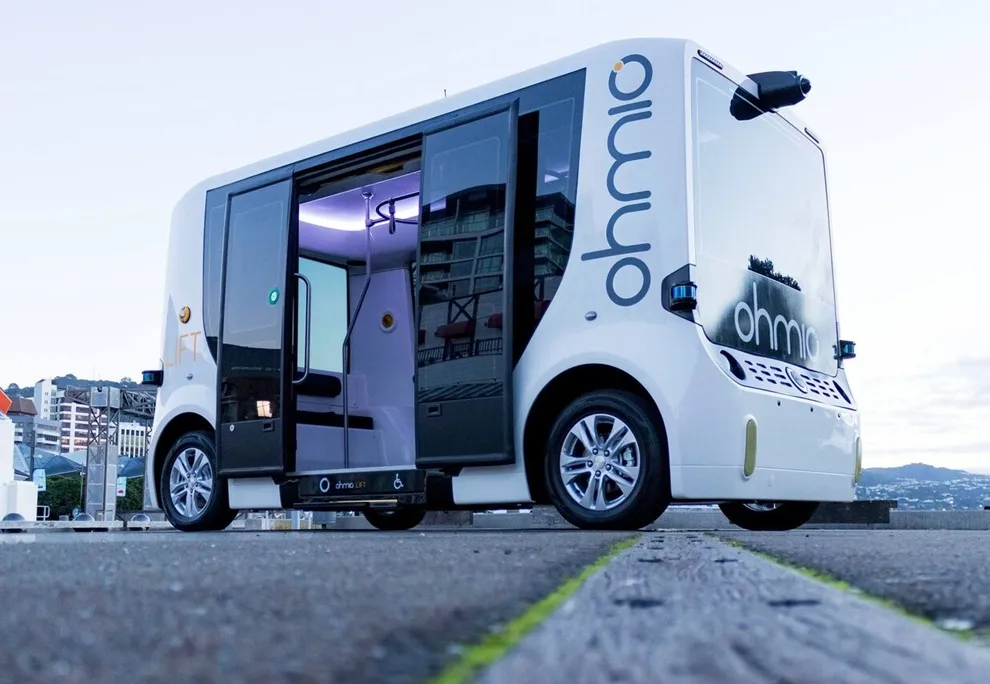Cubic Transportation Systems and the Jacobs School of Engineering at the University of California San Diego (UC San Diego) have entered into a collaborative partnership to research the next generation of intelligent travel technologies for cities. Cubic will contribute US$500,000 over five years to the UC San Diego Jacobs School of Engineering to fund research done by faculty, students and Cubic Transportation Systems staff. The project aims to achieve a better understanding of the application and use of em
May 11, 2012
Read time: 2 mins
RSS378 Cubic Transportation Systems and the Jacobs School of Engineering at the 3880 University of California San Diego (UC San Diego) have entered into a collaborative partnership to research the next generation of intelligent travel technologies for cities.
Cubic will contribute US$500,000 over five years to the UC San Diego Jacobs School of Engineering to fund research done by faculty, students and Cubic Transportation Systems staff. The project aims to achieve a better understanding of the application and use of emerging technologies, with the ultimate goal of making transportation easier, more convenient, more economical and environmentally greener for transit operators and their customers.
“The partnership with UC San Diego will help Cubic realise its vision of mobility in the future – what we call Nextcity,” said Matt Cole, senior vice president of strategy and business development. “Consumer mobile devices, wireless communications and account-based payment processing create the opportunity to make significant new information available to travellers.”
Through integration of regional transport payments and traveller data, Nextcity will deliver personalised information to passengers so they can make informed travel choices. “Our research will make better use of the existing data and seek innovative ways to apply this information and technology to better the traveller’s experience, and improve the efficiency and utilisation of the transportation system and a city’s resources,” said Pradip Mistry, vice president of engineering.
The research partnership potentially spans mobile and web technologies, wireless networking, location-based services, data warehousing and system architecture and analytics, all areas of expertise at the university.
Cubic will contribute US$500,000 over five years to the UC San Diego Jacobs School of Engineering to fund research done by faculty, students and Cubic Transportation Systems staff. The project aims to achieve a better understanding of the application and use of emerging technologies, with the ultimate goal of making transportation easier, more convenient, more economical and environmentally greener for transit operators and their customers.
“The partnership with UC San Diego will help Cubic realise its vision of mobility in the future – what we call Nextcity,” said Matt Cole, senior vice president of strategy and business development. “Consumer mobile devices, wireless communications and account-based payment processing create the opportunity to make significant new information available to travellers.”
Through integration of regional transport payments and traveller data, Nextcity will deliver personalised information to passengers so they can make informed travel choices. “Our research will make better use of the existing data and seek innovative ways to apply this information and technology to better the traveller’s experience, and improve the efficiency and utilisation of the transportation system and a city’s resources,” said Pradip Mistry, vice president of engineering.
The research partnership potentially spans mobile and web technologies, wireless networking, location-based services, data warehousing and system architecture and analytics, all areas of expertise at the university.










